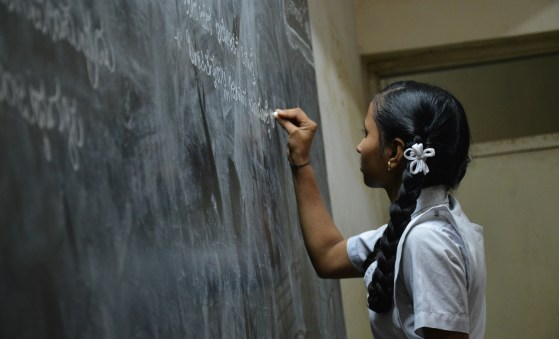Following the gang rape and subsequent death of a 23-year-old student in Delhi last month, Christian Solidarity Worldwide (CSW) is urging that the issue of endemic sexual violence in the context of communal violence against minorities is considered as part of a healthy policy response to the tragedy.
The Delhi rape has triggered a wave of condemnation and focused attention on a wider pattern of sexual violence and impunity in India. One aspect of this is the use of sexual violence in the context of targeted violence against religious minorities. Human rights monitors regard it as an endemic feature of communal violence, including the high-profile 2002 anti-Muslim violence in Gujarat and Bombay riots of the 1990s, and many lower-profile episodes.
A Catholic nun gang-raped during the Kandhamal violence in Orissa state in 2008 drew attention to this larger phenomenon when she gave an unprecedented press conference on 24 October 2008. She recounted being raped by a group of men, then paraded half-naked down the street. She sought the protection of police at the end of the road, but they did nothing to help her, and she was taken away again by the mob. When she tried to file a case, police officers failed to record her statement properly or to follow the correct procedure of providing her with a duplicate copy. Four years later, despite her public entreaties, she still has not received justice, CSW said.
Meanwhile, other women and girls from religious minorities have been raped in the same area: two 13-year-old girls were raped in October 2012 as they returned home from celebrations marking the Hindu Dussehra festival. One was killed in the attack; the other was dismissed by the Orissa State Commission for the Protection of Child Rights and the officer-in-charge at a special all-female police station.
Draft legislation on communal and targeted violence produced by the government with input from civil society in 2011 recognised sexual assault as a mode of communal violence, and established a framework for dealing with this phenomenon.
Although the process of introducing this legislation has stalled, a number of countries raised the issue during India's Universal Periodic Review (UPR) at the UN last year, with Germany specifically recommending the introduction of a communal and targeted violence bill.
CSW's South Asia Team Leader, David Griffiths, said, "Many human rights activists and ordinary citizens in India are looking to their government for a healthy policy response to the Delhi rape tragedy. We have continued to urge the government to introduce legislation dealing with the specific contingencies of communal and targeted violence, which include sexual violence."
"Over the years, rape has often been used as a weapon to spread fear and humiliate the community being targeted for violence, and many victims remain deeply scarred and have had little or no justice. We wish to express our profound concern and solidarity with them, and urge the government to act swiftly on their behalf at a time when the horror of rape and sexual violence is very much on the national agenda," he added.




